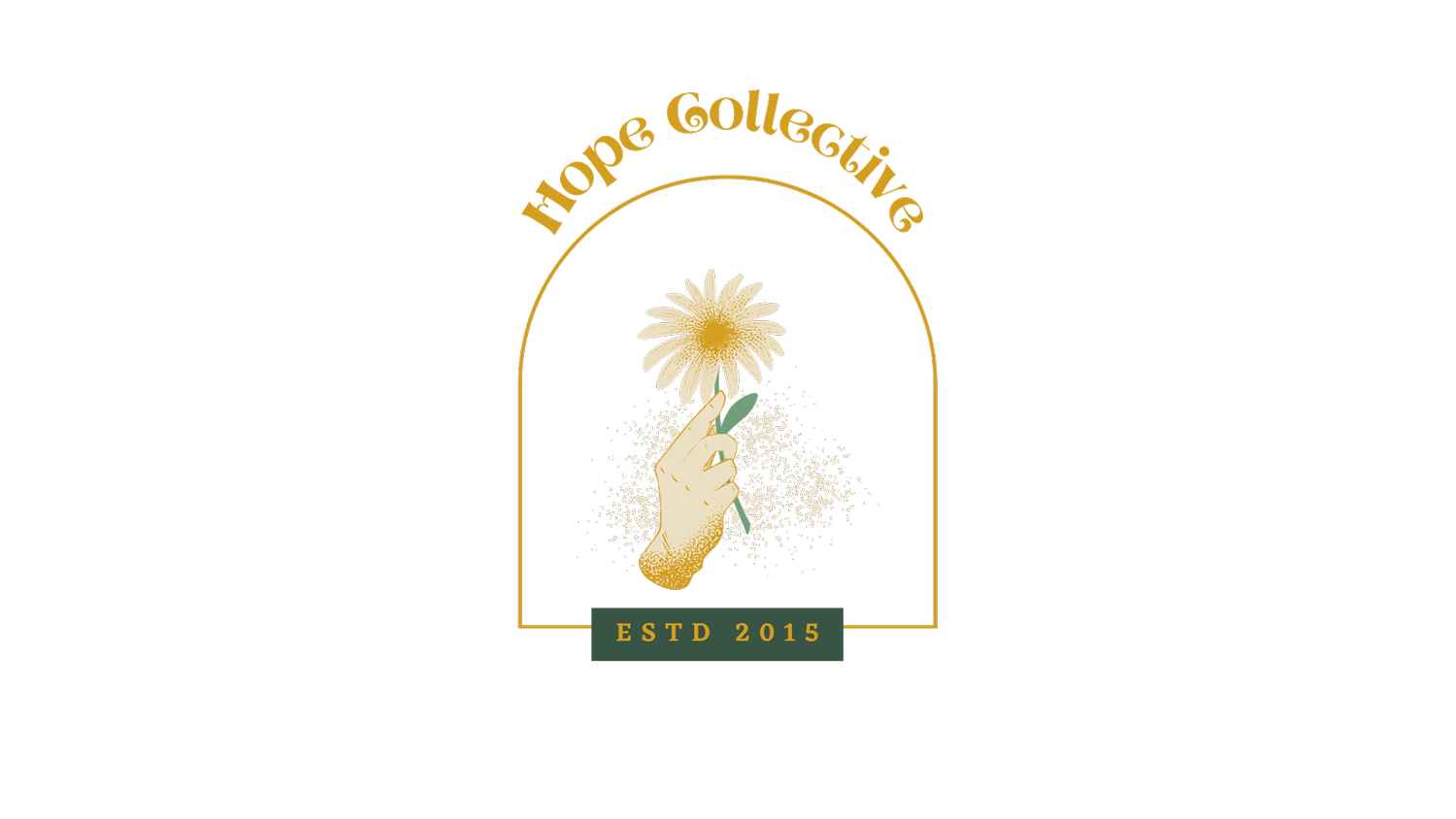When I was 27 years old, I lost my only daughter to a terminal illness. At that point in my life, I thought I was a pretty mature adult... I had graduated college, married my college sweetheart, survived in the corporate world, and had a baby. How did I learn so much, yet not learn how to grieve? And where were the teachers, resources, and help when I needed it?
What I found was a lot of people telling me how I might feel, what to expect, what people might say, or even sharing their grief stories, but no one really telling me what to do with all that. Grief can be crippling. It can crack you wide open for the better or for the worse depending on how you choose to respond. But in the raw grief, when we experience the loss, it's hard to make that choice. Our brain is in survival mode. And if you've experienced shock and trauma with your loss, it can be even more challenging to operate from a place of intention.
What I have learned, and what I hope to share with the world, is that we can heal in grief. Each and every one of us. There are things you can do to help. No matter how traumatic, how shocking, and how painful... Our bodies want to heal, but we have to open our hearts to allow the healing and help our brains operate from a place of intention instead of survival. So how do we do this?
The first step is becoming self-aware and being present in the pain. To heal is to grieve. To grieve is to feel. To feel is to be present. If we are checking out on a regular basis through drugs (prescription or recreational), alcohol, endless scrolling on social media, video games, binge-watching shows, or whatever your method of choice is, we aren't present. And when we aren't present, we can't feel things and learn where the healing needs to happen. Let me take a minute to acknowledge that none of the things above are inherently bad and some people need medicine to help them with chemical imbalances or other things, and that's okay. What I am talking about is a situational or emotional trigger that makes you regularly want to grab your phone, the whiskey bottle, remote, or whatever it is to numb or check out from reality.
So back to the how. Some of the work can be done through counseling, EMDR therapy, meditation. Some of the work might need to address the pieces of you that words can't reach through deep tissue massage, sound baths, float tanks, cranial sacral therapy, and other body-focused work. The important thing is to find out what works for you.
There is so much to share about this, which is why I am in the process of writing a book that will be an active guide to grieving with guided questions, exercises, and stories to walk people through the raw grief and help people heal old wounds. It's my hope that we can start bringing truth to grief; that time doesn't heal all (it can help but it takes intention too), there is no time-frame on grieving (it will be lifelong, just like the love you have), and grief/pain isn't bad (it can be your greatest teacher and guide).
I founded a nonprofit on a mission to revolutionize the way we heal in grief, called Love Not Lost. We photograph people facing a terminal diagnosis, provide support tools and resources to the community (like www.HowCanILoveYouBetter.com), and are bringing grief and empathy training to the workplace through our Corporate Care Program.
I hope you will join us as we work to break the stigma around grief and bring love and healing to those who are hurting.
Ashley Jones
Ashley Jones is the founder and executive director of Love Not Lost, a nonprofit on a mission to revolutionize the way we heal in grief. From losing her daughter to growing Love Not Lost, Ashley has a lot of experience in death and grief; something she never thought would be in her bio. Yet, she's learned how to process, heal, and grow through the pain and is sharing that information with others to help them do the same.

